We can all get rewilding this year.. Hope into action is the theme of World Rewilding Day and supporting rewilding organisations, with your time or money or power, to enhance local wild areas, is vital.. But you can also do a bit of rewilding by rebugging in your nearby spaces..
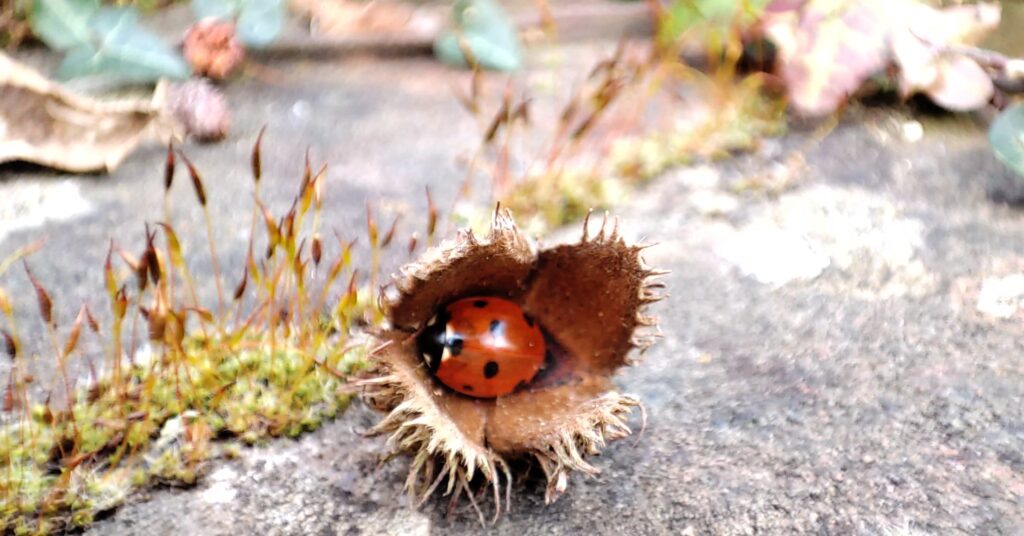
Most of us don’t have large estates or farms to make wilder or rewild completely, with beavers or wolves😏. But many of us do have window ledges, gardens, yards, green verges, scrubby spaces and parks nearby. If we make these seriously nature friendly and diverse – we will be creating:
- Critical green corridors allowing insects and other wildlife to travel across an area and find new places to live
- Refuges for insects and birds to hide from predators or unfriendly environments
- Places for a rest and to recover
- Places for wild beings to find food – be it flowering plants for the bees and butterflies, seeds for the ants, or leaf litter for the worms and springtails…
- Places to mate and to make nests for eggs, and for young to emerge safely.
A bit of wildness can do so much. Research is showing just how important urban spaces and natural green corridors – like verges, bushes, trees and hedges – are. If the space is dull monoculture grass in soil that’s definitely better than concrete or tarmac👍. But they can be so much more and rebugging can even save you time and money.
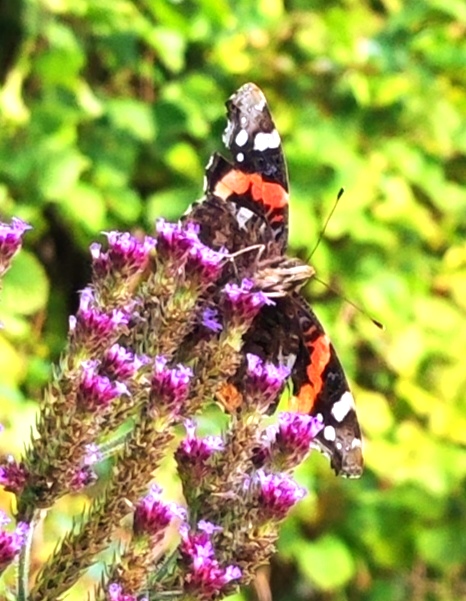
What to do
For instance.. mowing the garden. Cut right back on that….just mow a bit.. Or not at all.. leaving the grass and flower seeds in the soil to grow into the great habitat they can be. And you save effort and money..
Try not to be neat. Be messy. Messy means diversity, it means habitats, it means resilience. Don’t plant rows of one plant, mix it up, multicrop your food plot. You get more food variety, more habitats fir bugs includung useful bugs lime pest predators, and it will confuse the pests you might want to avoid.
Leaving log piles, however small, can provide a fabulous food and home for beetle grubs, wood wasps, woodlice and much more.. Even a hedgehog if it’s in the right place.
Wildflower areas and flower bushes will mean food and shelter for moths, bees, beetles.. You could sow some native wildflower seeds on road verges or green space nearby. And then tell the council to mow at the right time so the flowers can grow and set seeds. The Wildlife Trusts , BugLife and other wildlife groups have loads of tips on gardening for nature.
Ponds too, however small, can make a huge difference as watering holes for all and habitat for those laying eggs. Insects such as dragonflies and some hoverflies spend much of their life in freshwater as larvae… eating and getting fat. I made a teeny pond (from an old fridge drawer) and a wolf spider was seen drinking from it in no time.
If you need tips there are loads of free resources, posters, and guides online. Your local wildlife trust will be running events here you can learn more, get involved on helping nature thrive locally. There are more ideas here and in my book too. And communities working together can share the load and build connections, friendships and more. A great new charity I’m a trustee of – Natural Neighbours – is working to support people who want their homes and workplaces to work in harmony to create wildlife-rich neighbourhoods. Worth supporting that aim!
Invertebrates, like fungi, are the glue that holds much of nature together. But habitat fragmentation – where they have to live in ever smaller islands surrounded by seas of concrete or monocultures – means they are stuck and populations stagnate.
Give them a chance to move around, migrate, eat, rest, mate, nest, shelter and you are making a difference. On rewilding day that’s something to celebrate.
If you are a farmer or grower, well there is much you can do and the new invertebrate resources, such as on integrated pest management, from Nature Friendly Farming Network are great.
Finally another rebugging thing we need more of is to rebug attitudes.. Let someone, children especially, know how critical nature is.. how stunning bugs are and just how important making space for the smaller creatures is… on your doorstep. Show them a beautiful photo of an invertebrate from your green space. Personally I find the nursery web spider as stunning as the wolf..
On World Rewilding Day 2024, with the theme #HopeIntoAction, I pray you too feel hopeful, planning some rebugging and sharing the love.
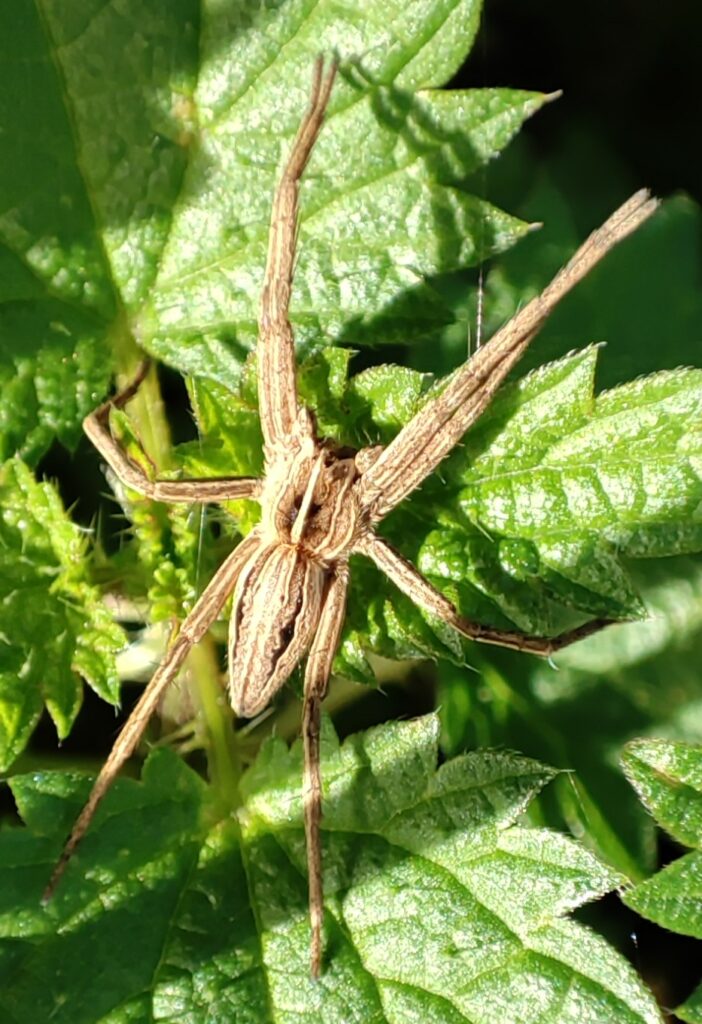
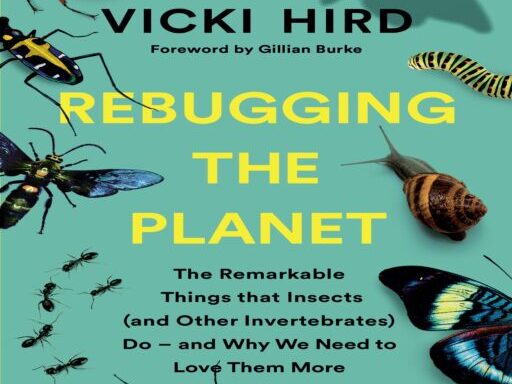
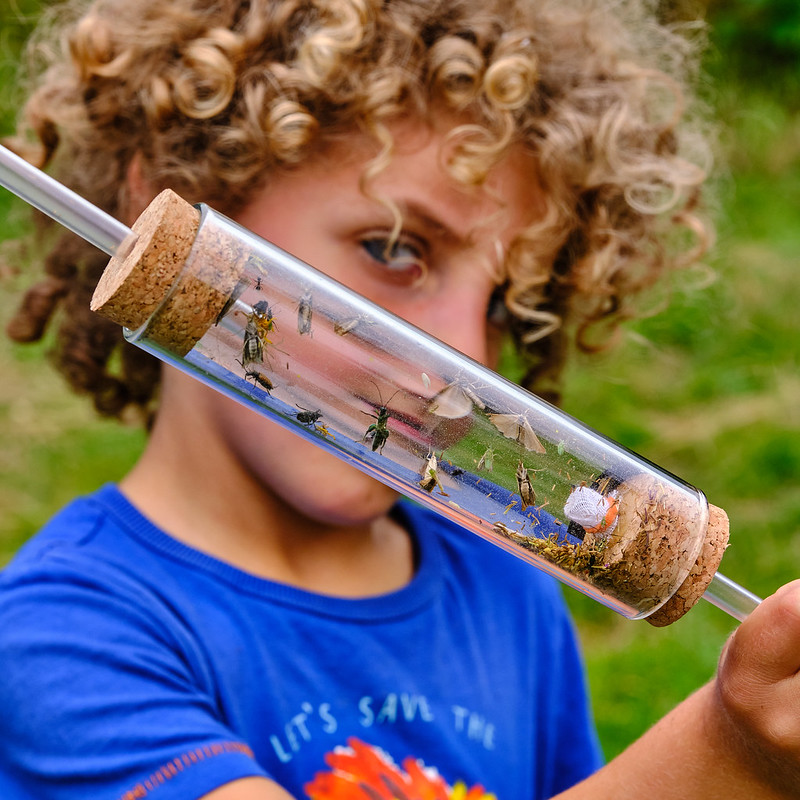
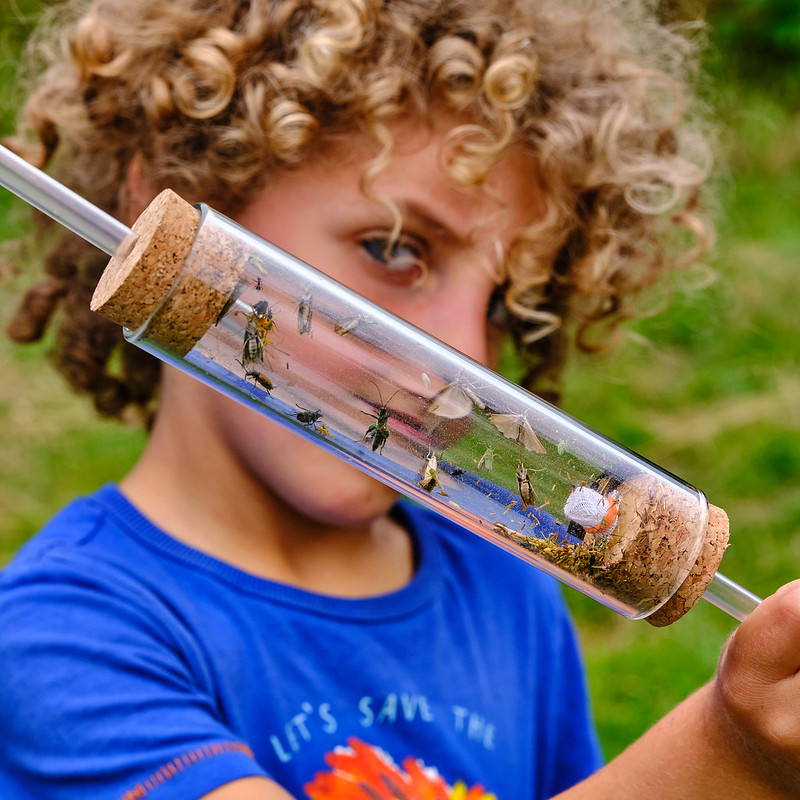
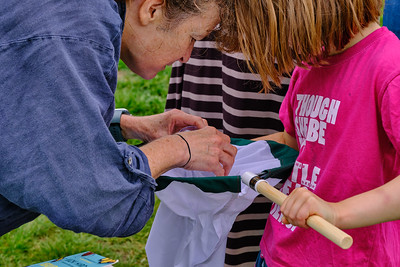
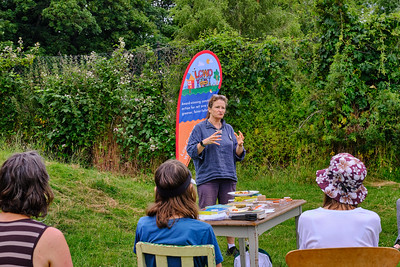
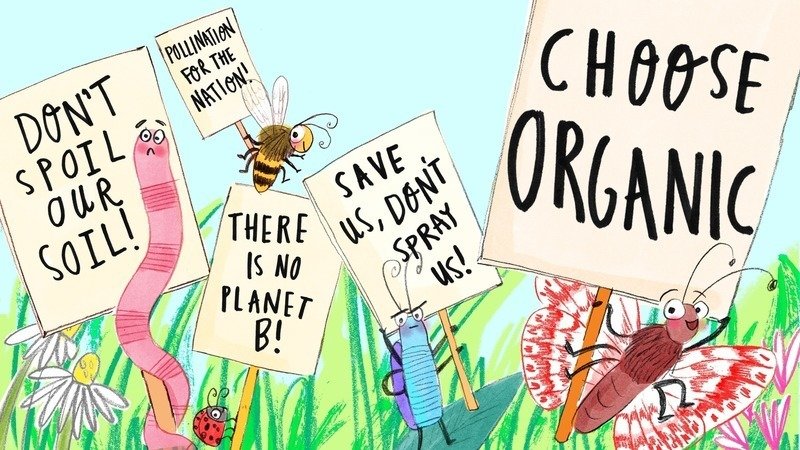 A key part of rebugging is being part of the movement for change so please do sign if you can. And share the petition with friends, family, anyone you can!
A key part of rebugging is being part of the movement for change so please do sign if you can. And share the petition with friends, family, anyone you can!